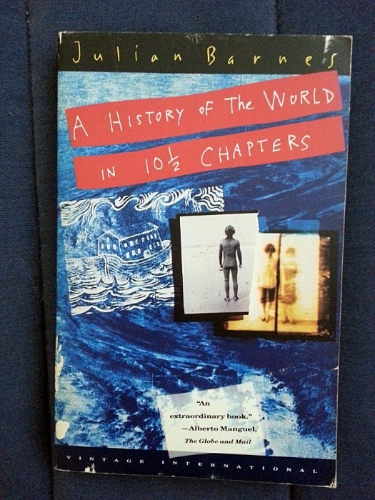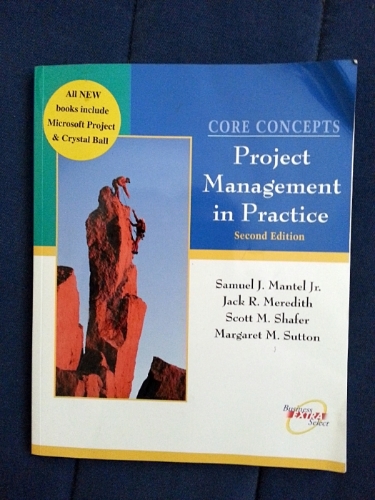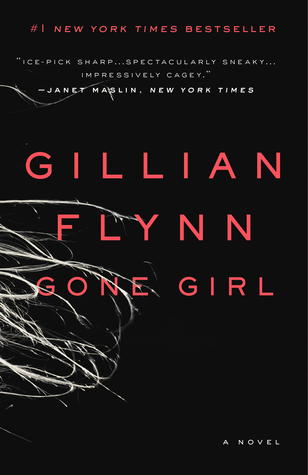This picks up from an earlier story I wrote in 2013. I don't know why, but this world rolled back into view again.
Matthew clutched at the gunwales. He wasn't sure which was more terrifying to look at, the rapidly-approaching ground or the deflating whaleskin slumping its way towards his head. The boat had sailed so placidly during its air voyage, the whaleskin balloon keeping them aloft. He hadn't really considered the landing.
He looked across the boat to Foster, his fellow apprentice, but Foster had curled into a ball and pressed himself against the side of the boat, eyes squeezed shut. Matthew rolled his eyes and turned away.
"You'll want to watch our altitude, Thomas," said Mistress Angelica, peering over the side. "Best not to crack the keel."
Master Thomas released the bell-pull, which re-stoppered the whaleskin and temporarily halted their descent. "I don't want to drift too far from the library, either," he said. Matthew saw him point to something ahead; he turned and saw a smaller airborne ship coming towards them.
"That will be Mistress Gretchen and her apprentices," said Master Thomas.
"Oh bother," said Mistress Angelica. "We'll be up here all night if we don't land before them." She tugged the bell-pull sharply.
Now the whaleskin was deflating so quickly, Matthew could feel the escaping gas shushing over the back of his neck, like a dragon's sigh. He tightened his grip and braced for impact.
"Oy!" a new voice shouted. "Apprentice! Get ready to catch, will you? Thomas, 'Gelica, have you been teaching these two, or experimenting in fungiculture?"
"Good to see you too, Benedict," said Thomas. "Matthew, Foster, make yourselves useful."
Matthew peeped over the side of the boat. A large, elderly man in master's robes stood below, holding a coil of rope in his hands.
"This one can still move, at least," said Benedict. "Now catch the end of this thing when I throw it and tie it fast to the mooring-hooks, will you?"
"Like they did in town, Matthew," said Angelica.
Matthew wasn't sure he could remember how the ropes had been fastened back at the docks, but he held out his hands and managed to grab the end of the rope just before it began to fall to earth. The reach almost toppled him out of the boat, but he threw himself backwards, his head landing on Foster's calf.
"Watch it!" said Foster, barely glancing over his shoulder before looking down. "I'm sorry, mistress, can we try it again?"
"Welcome to the party," Matthew muttered under his breath as he staggered upright and tied the rope to the nearest mooring-hook.
"The stern's secured. Just the one more at the starboard bow, and we'll get the mooring screws going," said a woman's voice Matthew hadn't heard yet.
Foster pushed against the gunwale to extend his leap. His cry of victory turned into a scream as his feet refused to settle back into the ship. Matthew lunged and grabbed hold of Foster's knees just before he went overboard.
"What's going on over there, anyhow?" called Benedict.
"Oh, nothing. We just nearly lost an apprentice," said the woman's voice.
Benedict clucked. "Every time."
"Are we moored, then?" said Thomas.
"Almost," said Matthew, grabbing the rope from the still-shaking Foster and rapidly winding it around the hooks.
"We're either moored or we're —"
"We're moored," said Matthew, cringing as he realised he'd interrupted a master.
"Screw down the ship, please," Angelica called out.
Matthew heard the clattering sound of large gears being wound, and the ship gradually descended. The whaleskin floated sulkily a bare metre above their heads.
"And lock!" shouted Benedict. "There you are, Angelica, Thomas. The keel's exactly a handspan from the ground. We're just rolling the stairs up, port bow."
The port bow was Matthew's, and he leaned over to see that the boat was at ground level now. He could have climbed outside and jumped off if he'd had to. Instead, he got to see half a dozen men and women in academic robes pushing a wooden staircase on chariot wheels towards them.
Benedict and Angelica took turns talking Matthew through how to lock the stairs to the boat.
"Are you blocked in by all that gear?" said Benedict, waving an arm at the collection of books and scientific instruments heaped in the middle of the boat.
"We are," said Thomas, "but don't worry, the apprentices know how to unload it."
"But of course we'll help you!" said Benedict.
"Help Gretchen," said Thomas, pointing. "If I'm not mistaken, she's ready to land."
Benedict turned, then ran away, shouting.
"Matthew, Foster, see if anyone's left," said Thomas quietly.
They scrambled down the stairs and checked the boat from all sides.
"They've all gone to help Mistress Gretchen," said Foster.
"All right then," said Angelica. "You two, start with the items on the port side to make a path for Thomas and I. Get everything to the library as quickly as you can. Matthew, you come back for the next load. Foster, stand guard."
The apprentices ran up the stairs, clambered back down, and got as quickly as they could to the library. A man in a porter's uniform let them in and offered to watch everything, but Foster stayed behind and Matthew ran back to the boat.
Angelica reached over the pile of items yet to be unloaded and clapped Matthew on the shoulder. "Never trust a gaggle of academics," she said. "Oh, they'd help, but they'd help themselves to some sunstones and pocket-books while they were at it."
It took four more trips, including one just to haul the stove down, before the boat was emptied. The last item was the enormous globe of the world, so big even Master Thomas couldn't reach his arms from pole to pole. It was anxious work getting it down the stairs, and it took all three of them to carry it to the library.
The porter held the door open for them as they squeezed the globe inside. "The Chief Librarian said to show you to your rooms, and then take you to the main reference hall once you're secured."
Angelica stretched and shook her arms. "Best get cracking, then," she said, and picked up the nearest pile of books.



























